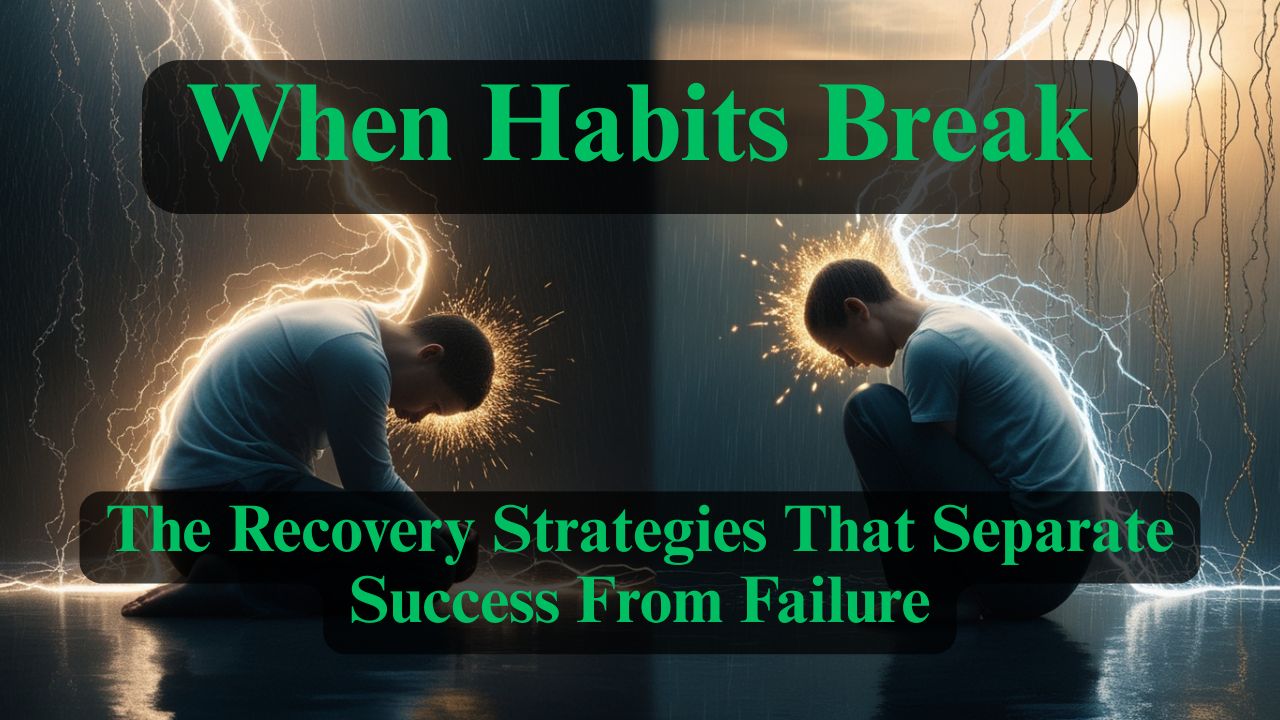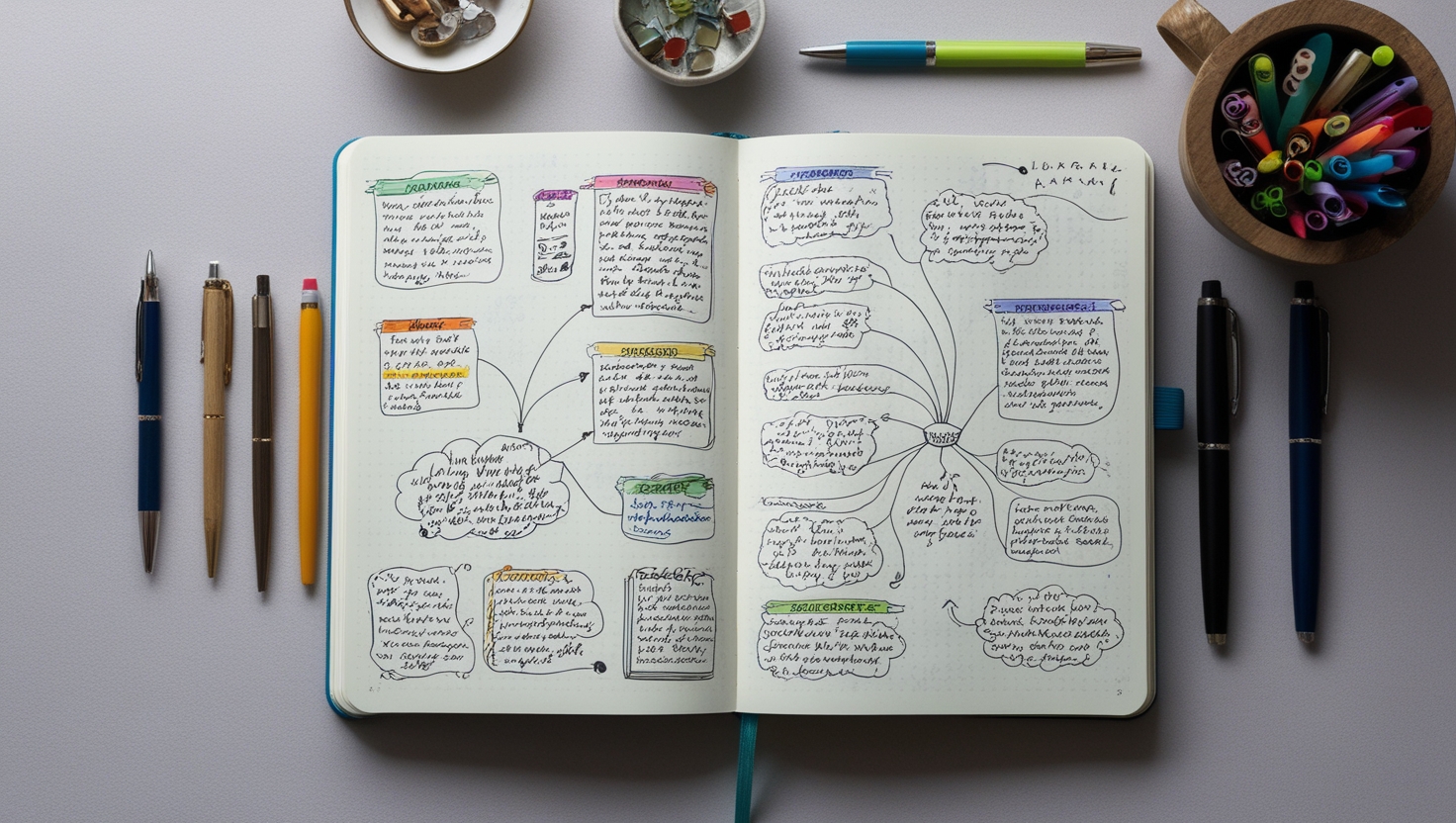How to Train Your Mind for Focus and Productivity
In today’s world of constant distractions, maintaining focus and maximizing productivity can feel like an uphill battle. However, with deliberate mental training and the right strategies, you can enhance your ability to concentrate and achieve more in less time.
This article explores proven methods to train your mind for greater focus and productivity.
---
Why Focus Matters
Focus is the mental ability to direct your attention toward a specific task or goal, minimizing distractions. It allows you to work efficiently, make better decisions, and achieve high-quality outcomes. Without focus, productivity suffers, and tasks take longer to complete, leading to frustration and burnout.
---
Strategies to Train Your Mind for Focus
1. **Practice Mindfulness Meditation**
Mindfulness meditation is a powerful tool to improve concentration by training your brain to stay present.
- **How to Start**: Dedicate 5-10 minutes daily to focus on your breath. When your mind wanders, gently bring it back to the present.
- **Benefits**: Regular practice strengthens your attention span and reduces stress, making it easier to stay focused on tasks.
2. **Set Clear Goals**
Clarity is key to productivity. Define what you want to achieve before starting a task.
- **Use SMART Goals**: Specific, Measurable, Achievable, Relevant, and Time-bound objectives help you stay on track.
- **Break Tasks Into Smaller Steps**: Large goals can be overwhelming. Dividing them into smaller, actionable tasks keeps you focused and motivated.
3. **Create a Distraction-Free Environment**
Your environment significantly impacts your ability to concentrate.
- **Declutter Your Workspace**: Remove unnecessary items that may divert your attention.
- **Use Tools to Block Distractions**: Apps like Freedom or Cold Turkey can block distracting websites or notifications.
- **Set Boundaries**: Communicate with others about your need for uninterrupted time.
4. **Use the Pomodoro Technique**
The Pomodoro Technique involves working in focused intervals, followed by short breaks.
- **How It Works**: Set a timer for 25 minutes of focused work, then take a 5-minute break. After four cycles, take a longer 15-30 minute break.
- **Why It Works**: This method prevents mental fatigue and maintains high levels of focus throughout the day.
5. **Train Your Brain with Focus Exercises**
Strengthen your ability to concentrate through mental exercises.
- **Examples**:
- Solve puzzles or play memory games.
- Practice reading long-form content without interruptions.
- Engage in activities requiring sustained attention, such as painting or playing an instrument.
6. **Practice Single-Tasking**
Multitasking divides your attention and reduces productivity.
- **Focus on One Task at a Time**: Commit to completing one task before moving on to the next.
- **Eliminate Task Switching**: Reduce the temptation to jump between tasks by using tools like task prioritization lists.
7. **Prioritize Sleep and Physical Health**
Your brain’s ability to focus relies heavily on your physical well-being.
- **Sleep**: Aim for 7-9 hours of quality sleep each night to support cognitive function.
- **Exercise**: Regular physical activity increases blood flow to the brain, enhancing focus and energy levels.
- **Nutrition**: Eat brain-boosting foods like nuts, leafy greens, and omega-3-rich fish to maintain mental sharpness.
8. **Limit Digital Overload**
Excessive screen time and constant notifications can overwhelm your mind.
- **Set Digital Boundaries**: Schedule specific times to check emails or social media.
- **Detox Regularly**: Take breaks from digital devices to give your brain time to recharge.
9. **Reflect and Review**
Reflection helps you assess what’s working and what needs improvement.
- **Daily Reflection**: Spend a few minutes at the end of the day reviewing your accomplishments and identifying areas for growth.
- **Adjust Strategies**: Adapt your approach based on what you learn from your reflections.
---
The Long-Term Benefits of Mental Training
Consistently training your mind to focus enhances more than just productivity. It boosts creativity, reduces stress, and improves decision-making. Over time, you’ll find yourself better equipped to handle challenges and achieve your goals with clarity and efficiency.
---
Conclusion
Training your mind for focus and productivity requires consistent effort and deliberate strategies. By incorporating mindfulness, setting clear goals, minimizing distractions, and maintaining a healthy lifestyle, you can unlock your full potential and accomplish more with less stress.
Start small, stay consistent, and watch as your ability to focus transforms your productivity and overall well-being.
- Audio Articles
- Audio Articles 1
- Audio Articles 2
- Audio Articles 3
- Audio Articles 4

7 Daily Disciplines That Transform Your Life
The power to act with intention, to align your actions with your values, and to move steadily toward a life of purpose—even on days you don't feel like it.
Read Full Article
How to Build Unbreakable Discipline
Discipline is built—habit by habit, choice by choice, day by day. And the most powerful kind? The kind that doesn’t crack under pressure. The kind that becomes part of who you are.
Read Full Article
Why Motivation Fails And Discipline Wins Every Time
We all love the feeling of motivation—that surge of energy, that rush of inspiration that makes everything seem possible. But here’s the problem: motivation is unreliable. It’s emotional. It comes and goes. And if your goals rely on you “feeling like it,” you’re already in trouble.
Read Full Article
Discipline Over Desire
Desire is loud. It burns bright, talks fast, and loves to dream. But desire alone doesn't achieve much. Every person has desires. Very few have the discipline to bring them to life.
Read Full Article
The Science of Sticking
If you've ever tried to build a new habit, you've probably heard that it takes 21 days. This number gets thrown around so often that it feels like scientific fact.
Read Full Article
The Stacking Strategy
What if I told you that the habits you already have—even the ones you consider "bad"—could become the secret weapons for building the habits you want?
Read Full Article
When Habits Fail - The Recovery Strategies That Separate Success From Failure
Here's what nobody tells you about building habits: you will fail. You'll miss days. You'll fall off track. You'll have weeks where everything falls apart.
Read Full Article
The Ultimate System - Designing a Life Where Good Habits Are Inevitable
You've learned to recognize habits, understand their formation timeline, stack them strategically, and recover from setbacks.
Read Full Article




















